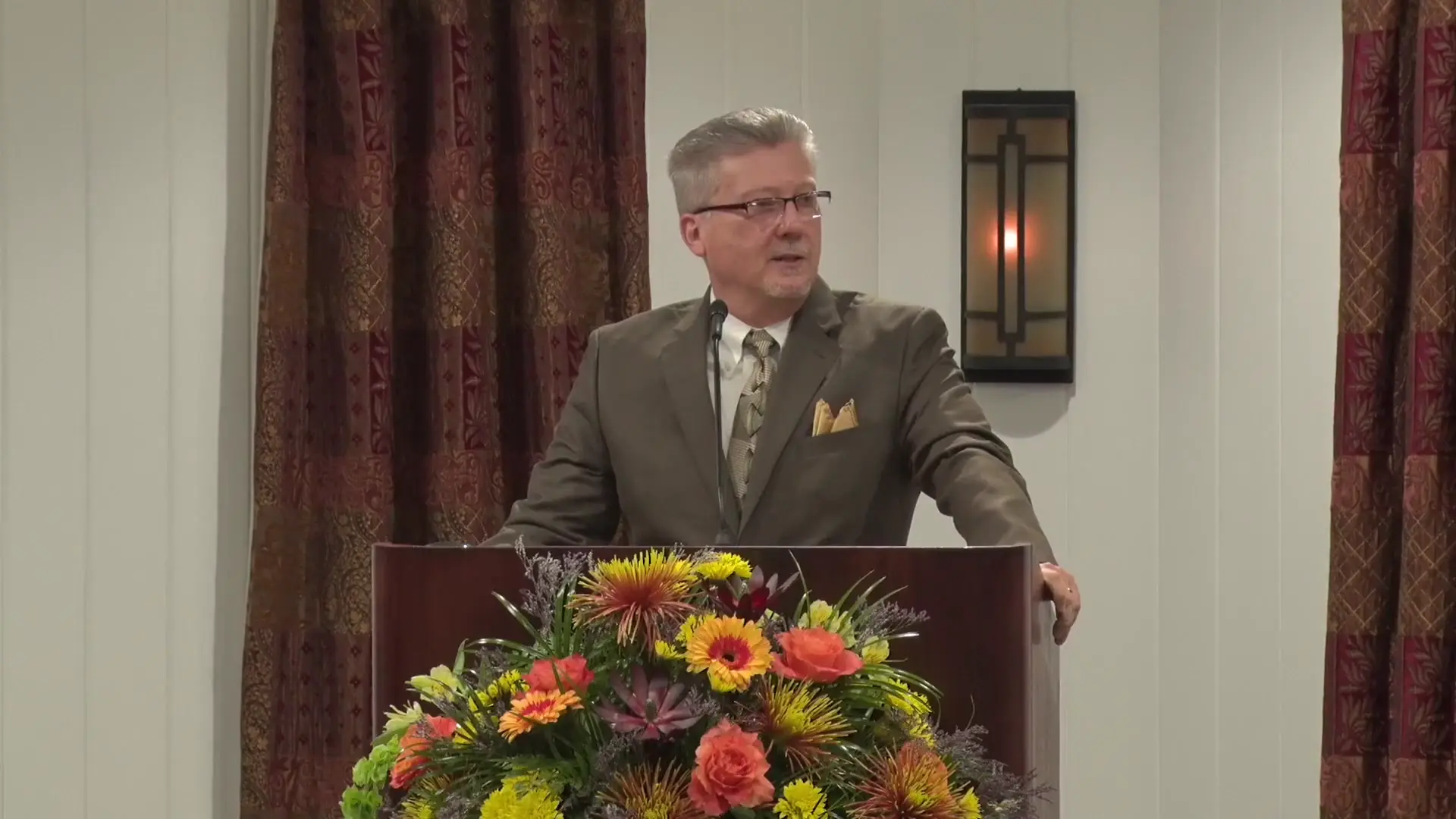Filter by Categories
Seeking God's Will (Part Four): Sacrifice
Sermon by Richard T. RitenbaughOn the Day of Atonement, we are to afflict our souls by fasting. We do no work, signifying that we did absolutely no work to attain our salvation.
The Two Goats of Leviticus 16
Sermonette by David C. GrabbeThe first goat is a blood sacrifice to cleanse the altar. The second goat—the 'azazel' or 'complete removal'—is led away and freed (not bound by a chain).

Who Fulfills the Azazel Goat—Satan or Christ? (Part One)
'Ready Answer' by David C. GrabbeSome say the scapegoat (azazel) prefigures the Devil, others say it has been fulfilled by Jesus. Tradition teaches one thing; Scripture reveals another.
Why Two Goats on Atonement? (Part One)
CGG Weekly by David C. GrabbeIn Israel, sins were symbolically placed on the altar throughout the year. On Yom Kippur, one goat's blood cleansed the altar; the second took away the sins.
Atonement Goats and Passover Lambs
Sermonette by David C. GrabbeThe Day of Atonement is not about Satan, but about the complete cleansing from sins through Christ. The Passover is not a sin offering, but a peace offering.
A Vivid Comparison (2000)
Sermonette by John W. RitenbaughChurches or institutions that accept offerings gained from evil enterprises accept tainted money, coddling the sinner for the sake of gain.

Jesus in the Feasts (Part Four): Atonement
Sermon by Richard T. RitenbaughIsaiah 53 and passages from the New Testament substantiate Christ's dual role in shedding His blood and bearing away sins, thereby reconciling humanity to God.
Principled Living (Part Four): Giving of Ourselves
Sermon by Richard T. RitenbaughAs Christ sacrificed for us, we are called to sacrifice for others. Love is an action, a behavior, rather than an emotion, described in I Corinthians 13.
The Offerings of Leviticus (Part Four): The Peace Offering
'Personal' from John W. RitenbaughThe peace (or thank) offering was the most commonly given in ancient Israel. It pictures God, the priest, and the offerer in satisfying fellowship.
Why We Tithe (Part 2)
Sermon by Richard T. RitenbaughGod does not want basic compliance, but growth in godliness. Jesus encourages the Pharisees to emulate the generosity of God rather than stinginess.
The Offerings of Leviticus (Part Six): The Sin Offering
'Personal' from John W. RitenbaughJesus' perfect offering of Himself for us fulfilled the sin offering of Leviticus 4. Our acceptance of His offering for atonement puts us under obligation.
Sanctification and Holiness (Part 5)
Sermon by John W. RitenbaughGod gives conditions for acceptable sacrifices and offerings, differentiating the holy and authentic from the defiled, unclean and strange.
Offerings (Part Six)
Sermon/Bible Study by John W. RitenbaughThe sin offering was for sin in general deals with our evil nature, while the trespass offering deals with the fruits of that nature.
The Economics of an Offering
Article by StaffBoth we and God will get more out of our holy day offerings (Deuteronomy 16:16-17), especially spiritually, when we plan our giving.
Principled Living (Part Six): Becoming Holy
Sermon by Richard T. RitenbaughPentecost forces us to stand out from the crowd, separated as firstfruits for sanctification and holiness. God has called us to be different.

Did Israel Offer the Wavesheaf in Joshua 5?
Article by David C. GrabbeFor decades, the church of God has struggled with counting Pentecost, especially in years when Passover falls on a Sabbath. Does Joshua 5 hold the key or not?